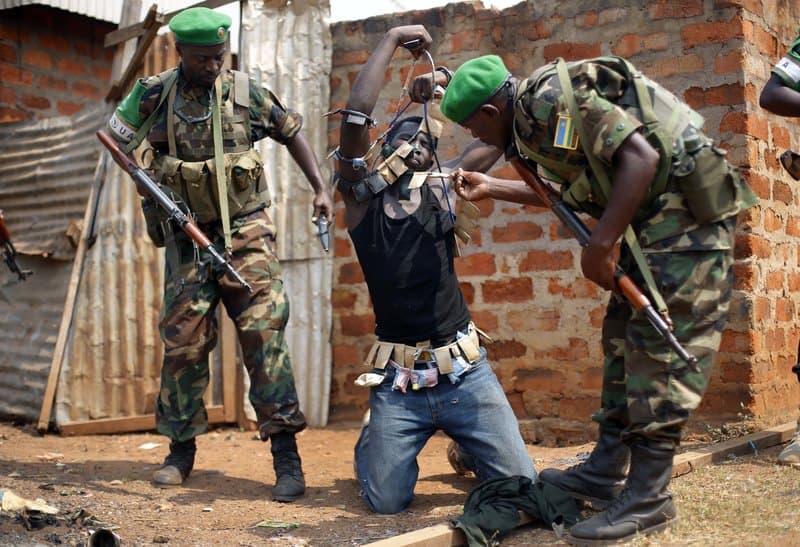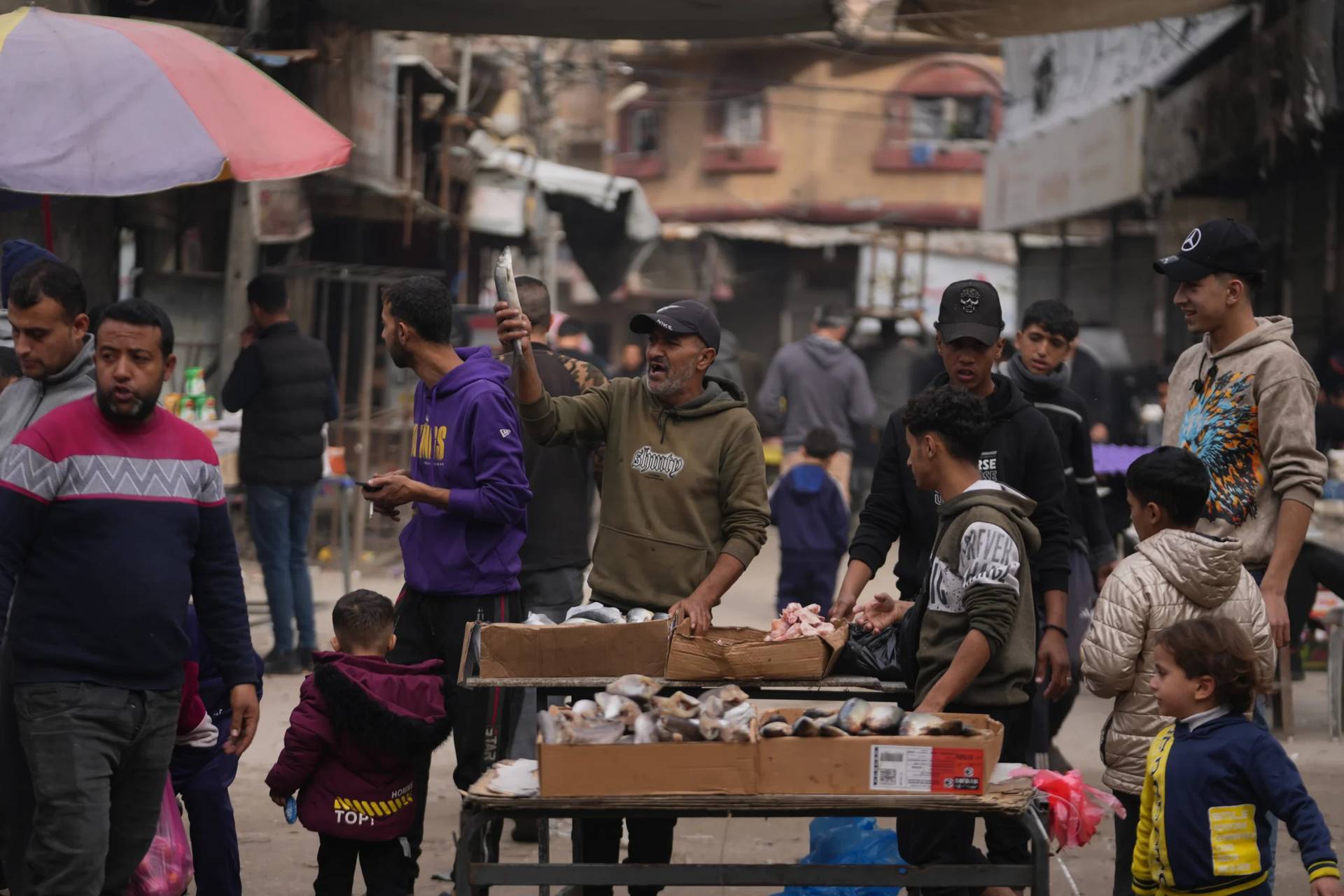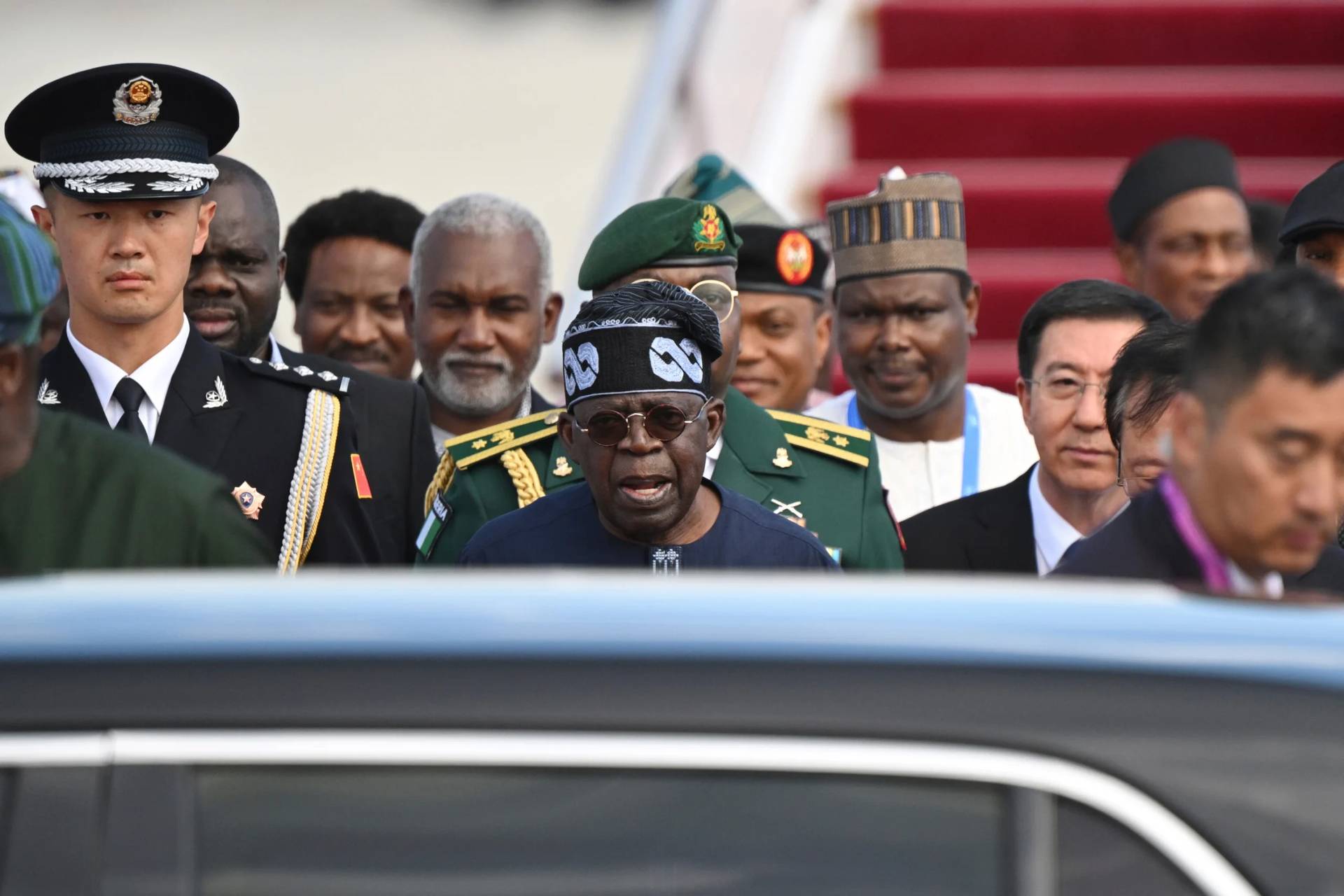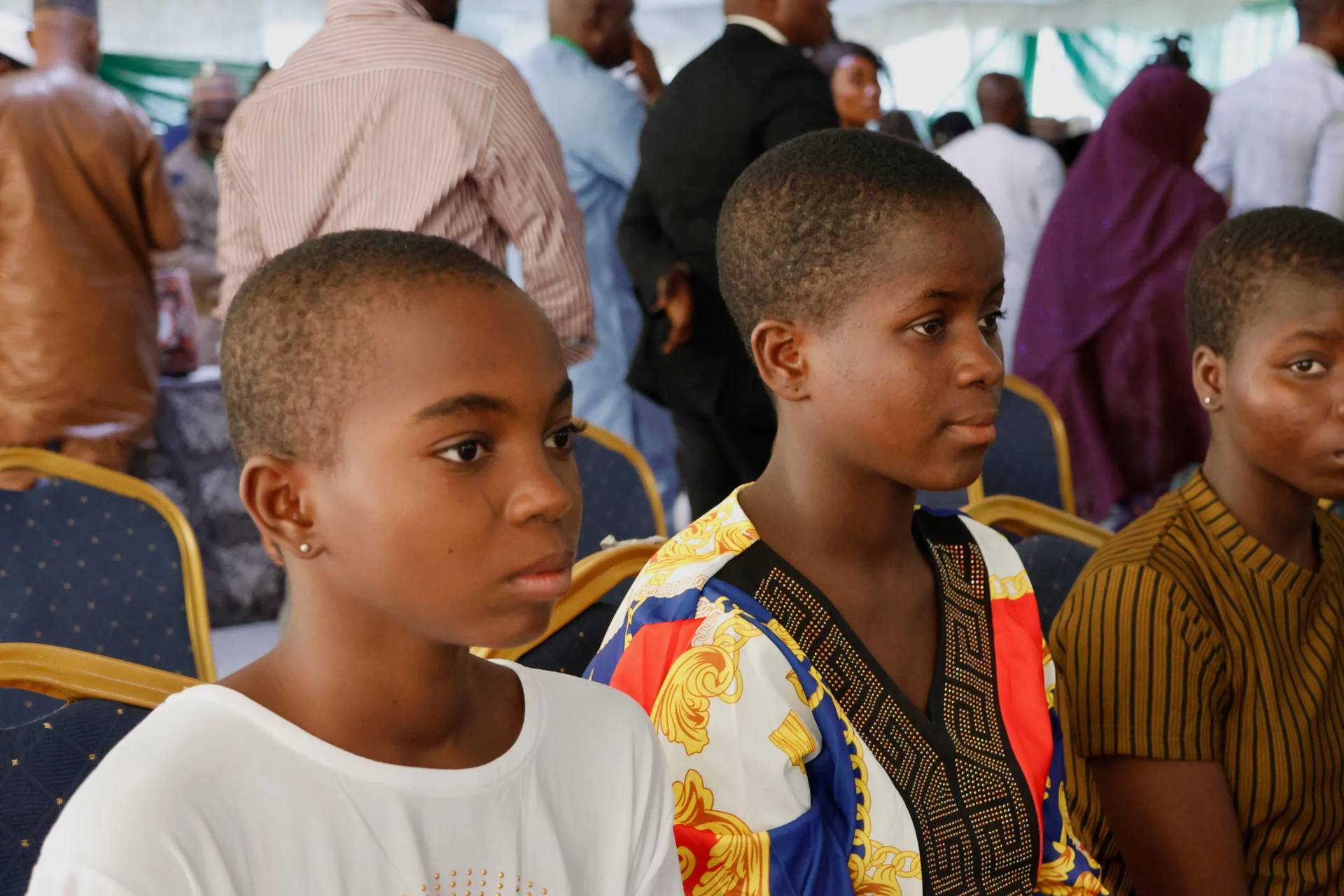YAOUNDÉ, Cameroon – Peace has been a difficult goal to achieve in the Central African Republic.
In 2013, a Muslim rebel group called Seleka took over the government of the country, giving rise to the pro-Christian anti-Balaka militia movement. Eventually, Seleka was driven out, but tit-for-tat violence between the two groups continues to this day, and the central government has trouble exercising power outside of the capital Bangui.
“Since 2013 when more than one million people were displaced during the violent takeover of Bangui by Seleka militias, there have been numerous conflicts which have caused the displacement of people throughout CAR,” said Edward F. Clancy, Director of Outreach for Aid to the Church in Need.
The country is 80 percent Christian, 10 percent Muslim, with the rest mostly following indigenous faiths. The Muslims are concentrated in the north of the country, although many work as merchants in the south.
Christian militias have been hounding Muslims in many Christian majority areas, with Church leaders often offering their church compounds as a refuge.
“The conflict is both interreligious and political,” Clancy told Crux.
“Chiefly, the war has been a political crisis. But, the political aspects of the unrest have been seen by international terrorist groups to foment violence with the goal of creating a permanent presence in CAR.”
He said Aid to the Church in Need has supported programs to provide opportunities for dialogue between groups in conflict.
“The Church has been the key actor in supporting peace talks and will continue to be the principal agent in rebuilding CAR after there is peace,” he added.
Following are excerpts of Clancy’s interview with Crux:
Crux: How would you describe the security situation in the CAR today?
Clancy: While there occasionally have been reasons to believe that the security situation has improved in Central African Republic, the situation is tenuous at best. Recently, the UN announced the arrest of a Seleka leader and eight of his deputies, but the need for UN forces highlights the country’s instability.
Since 2013, when more than one million people were displaced during the violent takeover of Bangui by Seleka militias, there have been numerous conflicts which have caused the displacement of people throughout CAR. At any time, a new flair up of militia activity could send tens of thousands fleeing from their homes and in need of aid in order to survive. Currently, there are over 650,000 internally displaced people in CAR. That is 14 percent of the total population.
What are the humanitarian needs in the country?
Currently, even though it has a wealth of natural resources, CAR ranks as one of the poorest nations in the world. More than half the population of the country needs humanitarian aid and with the restrictions on travel because of and economic impact of the COVID-19 pandemic, CAR will be stressed yet again.
There are 2.6 million people in need of differing levels of emergency aid and the 650,000 internally displaced persons who rely on institutions for complete support for survival. Without outside help, CAR cannot sustain itself until there is a period of sustained peace.
Several peace agreements have been signed in efforts to stop the war in the CAR. Why do you think peace is so hard to achieve?
It is a combination of poverty, civil unrest, unstable or ineffectual governments, a floundering economy and being bordered by other poor nations with their own problems. There is lack of faith in the government honoring or enforcing peace agreements.
Rebel militia groups control 80 percent of the territory with rich mineral resources that could enliven and bolster CAR’s economy. Additionally, civil society in CAR has been so decimated by years of civil war that there is not an internal structure to shore up communities or help people when there are problems.
Importantly, CAR’s neighboring countries are both the source of mercenary troops and a place where militia can hide. This has made peace a difficult goal to achieve.
Would you describe the conflict there as an inter-religious conflict, or are there other underlying causes?
The conflict is both interreligious and political.
Chiefly, the war has been a political crisis. But, the political aspects of the unrest have been seen by international terrorist groups to foment violence with the goal of creating a permanent presence in CAR.
As is the case in many nations of Sub-Saharan Africa, any opportunity to inject jihadist ideology will be seized upon quickly. Even with an overwhelming majority, Christians will face difficult times ahead if more is not done to stabilize the country and allow the Church to return to her work of building a more stable and productive society. Generations of children have gone without proper education.
In our recent interview with Archbishop of Bangui, Cardinal Dieudonné Nzapalainga, the cardinal told us that combating illiteracy is necessary to prevent another generation of militia soldiers. This is an area where the Christian communities can immediately have impact if there is a sustained peace.
What is Aid for the Church in Need doing in the country?
There are no less than 16 international organizations that have been providing emergency or humanitarian aid to the people of CAR. While we do provide targeted emergency support, we have primarily invested in sustaining the Church as an institution by supporting priests, nuns, seminarians and catechists because they are our principal coworkers and will remain in CAR to be the workers rebuilding and transforming the society from turmoil to growth.
The programs being supported by ACN have helped our coworkers to reach out to people wherever they are and provide opportunities for dialogue between groups in conflict. The Church has been the key actor in supporting peace talks and will continue to be the principal agent in rebuilding CAR after there is peace.
For example, in the Diocese of Bossangoa, ACN has partnered with Bishop Nestor Nongo-Aziagba, a leader in peace talks. His diocese has built new schools where Christians and Muslims learn, work and play together. Catechists, nuns and priests supported by ACN have provided guidance and leadership to make these schools successful while they address the soaring illiteracy in CAR.
In 2019, ACN sent more than $500,000 in aid to CAR. We will need to continue that support in 2020 and hope that God will provide this needed support through our generous benefactors.
















